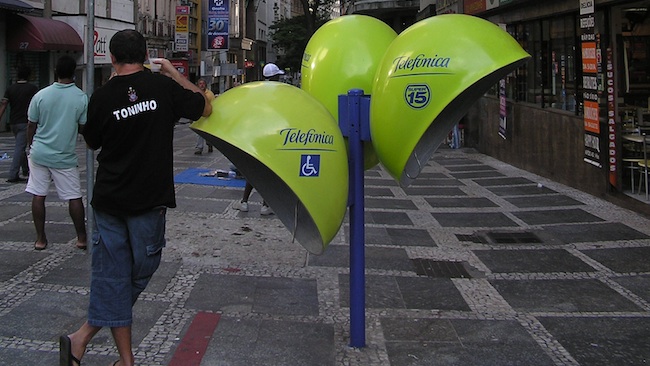Telefónica, better known as O2 in the UK, has just launched an iOS application called “TU Me”. If you know what Skype does, then you know what TU Me does. It has free voice over IP calling, it has instant messaging, photo sharing, and you’ll even be able to share your location. The catch? It only works if your other friends are using the app. There are plans for an Android version of TU Me, but no further details were provided. Now stop and think for a second about how many players currently exist in this space: Skype is the 800 pound gorilla, WhatsApp is practically ubiquitous in several European markets, Facebook has begun pushing Facebook Messanger, and there’s many other smaller services that we’re not even going to bother mentioning.
The bigger and more important question: Why is an operator building an application and service that cannibalizes their legacy (voice and SMS) revenue stream? It’s an incredibly difficult question to answer. For years operators have been trying to invent new services to sell to their customers, but time and time again they’ve all failed. TU Me will work with devices that aren’t on Telefónica’s network, which is a huge step forward since most operators create services that only work on their network, but still … what role should an operator play in today’s day and age?
This might sound controversial, but we think that operators should start accepting the fact that they’re nothing more than pipes. They should close their shops, stop wasting money on advertising, and just compete on things like coverage and speed. Your phone bill pays for all the developers that your operator hires to “differentiate” their devices, all the ads they air on television, the hundreds of lease agreements for their stores, and the salaries of all the people working in said stores.
Maybe it’s time to cut back?
[Via: The Verge]
